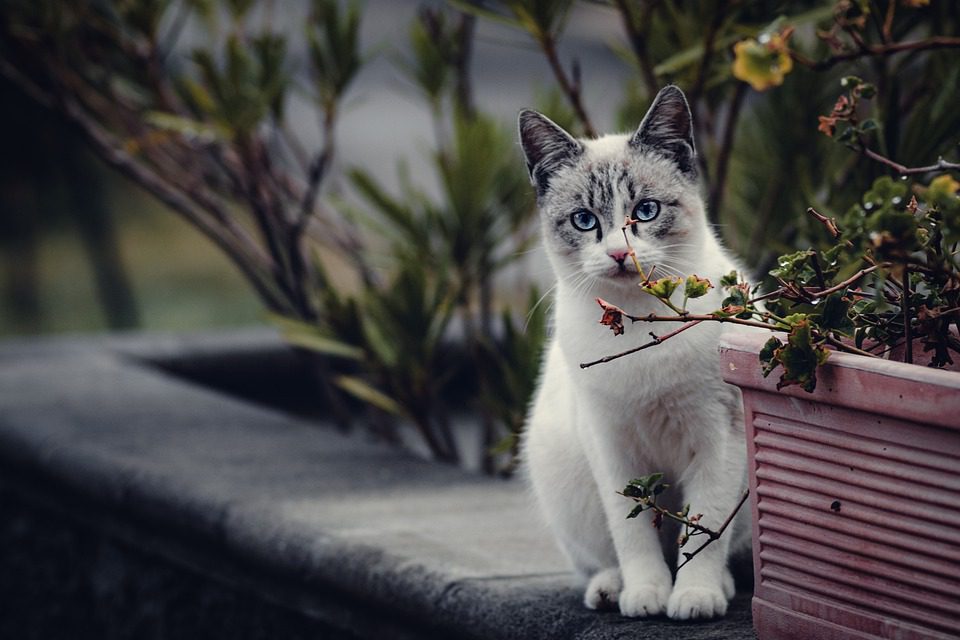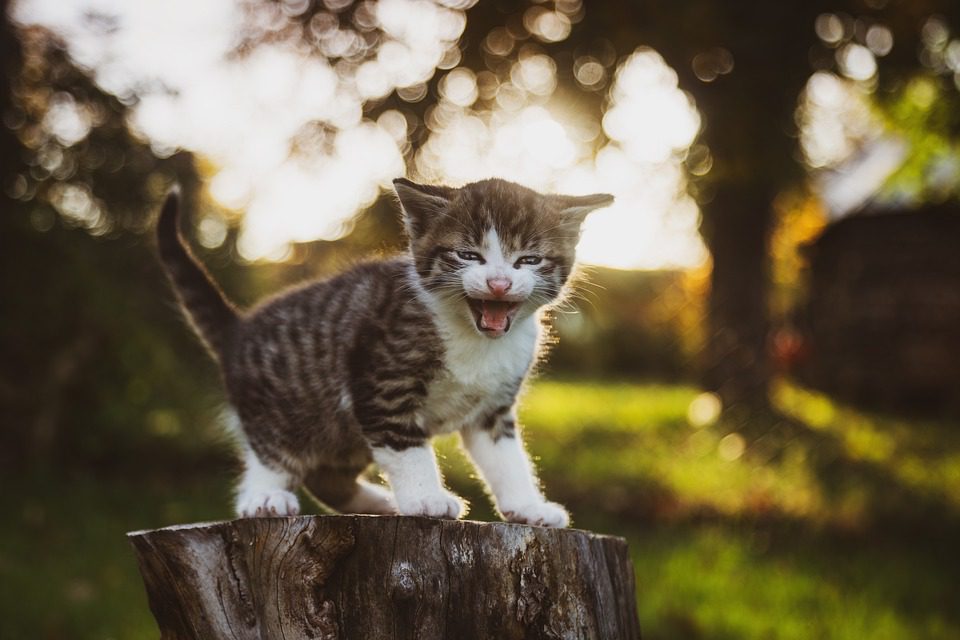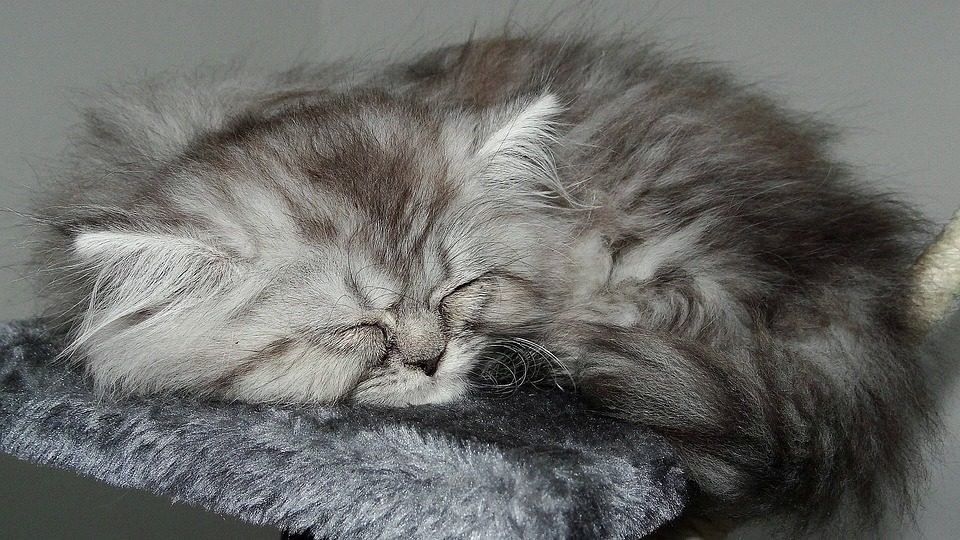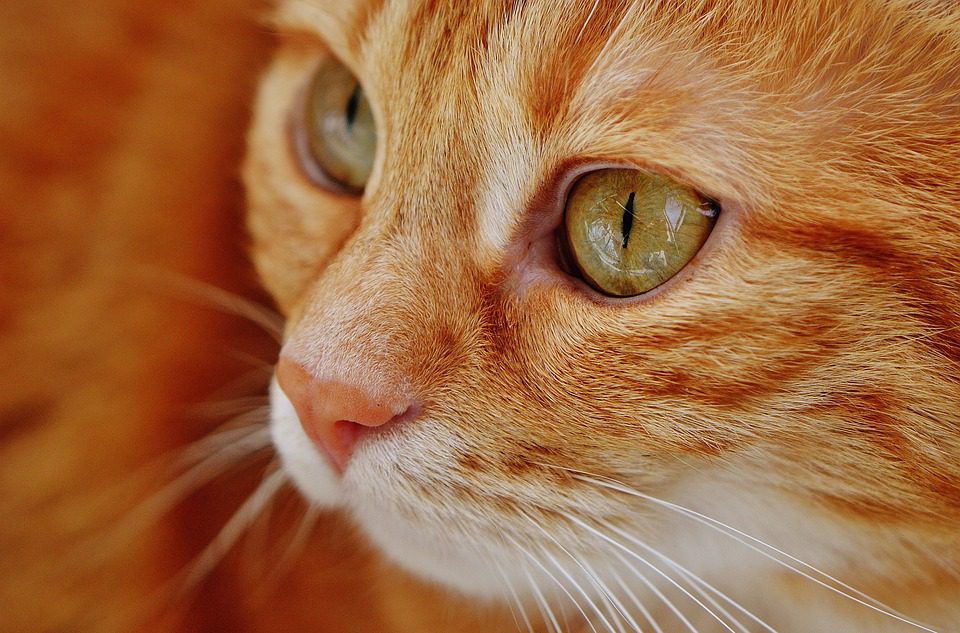Cats are mysterious creatures and their behavior can often be difficult to interpret. While cats don’t apologize in the same way humans do, they have their own subtle ways of expressing remorse and seeking forgiveness. From rubbing against you to purring, cats have a variety of ways of apologizing and making amends. Understanding the ways cats apologize can help improve the bond between you and your feline friend.
Why do Cats Apologize?
Table of Contents
Cats are known for their aloof and independent nature, often making them appear to be apathetic and unapologetic. However, cats do apologize for their mistakes and misbehaviors, although it may not be as obvious as it is from other animals. Cats apologize by displaying certain behaviors and body language that communicates their intention to make up for their wrongdoings and to express their regret.
How Do Cats Communicate Apologies?
Cats communicate their apologies in a variety of ways. One of the most common is by rubbing their heads and bodies against the person or animal they have wronged. This is a sign of affection and is meant to show that the cat is sorry for their mistake. Cats may also apologize by presenting their tails in a low and relaxed position, which is a sign of submission and a sign of regret.
Cats can also communicate apologies by making eye contact with the person or animal they have wronged. This is different from a stare, as it is a softer and less intense look. Cats will also lick the person or animal they have wronged, which is a sign of love and affection and is meant to show that the cat is sorry for their mistake.
Another way cats apologize is by purring. Purring is a sign of contentment and pleasure, and it is a way of showing the other person or animal that the cat feels safe and secure in their presence. Cats may also apologize by grooming the person or animal they have wronged, which is a sign of love and acceptance.
Why Do Cats Apologize?
Cats apologize for their mistakes and misbehaviors because they want to make up for their wrongdoings and to express their regret. Cats, like other animals, have an innate sense of empathy and remorse. They are capable of understanding the consequences of their actions and the feelings of those they have wronged.
Cats are also social creatures and have strong bonds with their owners. They understand that their owners will be disappointed by their mistake and will want to make up for it. Apologizing for their mistake is a way of showing their owners that they care and are sorry for their wrongdoings.
Cats also apologize because it is a way of resolving conflicts and restoring harmony. When cats apologize, it shows that they are willing to take responsibility for their actions and that they are willing to make amends.
Conclusion
Cats apologize for their mistakes and misbehaviors in a variety of ways, such as by rubbing their heads and bodies against the person or animal they have wronged, making eye contact, licking, purring, and grooming. Cats apologize because they want to make up for their wrongdoings and to express their regret, as well as to restore harmony and resolve conflicts.
Common Myths about Cat Apologies
Myth 1: Cats don’t apologize.
Fact: Cats do apologize, but it’s often not in the same way that humans do. Cats may apologize through body language or behavior, such as rubbing their head against you, grooming you, or simply being extra affectionate.
Myth 2: Cats don’t feel guilt.
Fact: Cats can feel guilt, but their behavior may not necessarily show it. Cats may express guilt through body language, like avoiding eye contact, crouching down, or hiding.
Myth 3: Cats don’t understand when they do something wrong.
Fact: Cats can understand when they do something wrong, and they may apologize by trying to make up for it. For example, cats may bring you a toy or bring you something they know you like.
Frequently Asked Questions
How do cats show remorse?
Cats can show remorse by exhibiting body language such as avoiding eye contact, flattening their ears, and tucking their tail. They may also approach their owner in a slow, submissive manner and make a small noise of distress.
What can I do if my cat has done something wrong?
It is important to remain calm and not to punish your cat. Instead, try redirecting their behavior, such as providing them with a new toy or activity to focus on. If the cat continues to express remorse and guilt, offering them gentle reassurance and affection can help them to feel better.
Conclusion
.






